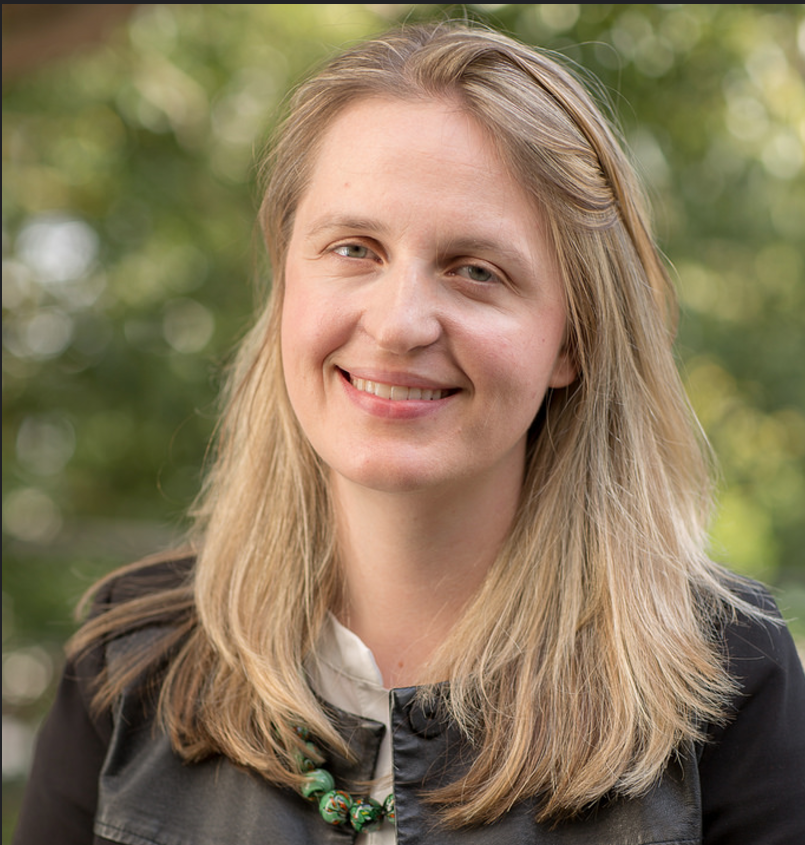
Across all industries, predictive, data-driven algorithms — mathematical recipes ranging from the simple to the complex — are being used to tell stories about individuals and can drive high-stakes decisions: who receives a loan, what sentencing a judge will recommend, what therapeutics a doctor will provide.
In the financial services industry, the exploding data ecosystem has created billions of new stories. At the Center for Financial Inclusion (CFI), we are most interested in the ones they try to tell (or don’t tell) about low-income consumers.
This publication has two main objectives:
- to ground some universal challenges on the use of algorithms, automated decisions, alternative data, and bias in the context of inclusive financial services
- to present the current state of play among inclusive finance actors from desk research and interviews with a sample of fintechs, regulators, and other experts.
Our insights are aimed primarily at financial inclusion stakeholders who can influence the trajectory of the inclusive finance industry, with specific recommendations for regulators, investors, and donors. But anyone with an interest in algorithmic decision making or financial inclusion will find this publication thought provoking and useful.
The full publication is divided into the following sections:
- The introduction explores algorithms and bias in inclusive finance, presents a framework for understanding algorithmic bias, and delves into what we want to know about algorithms, bias, and financial inclusion.
- Section 1 is about data trails in the digital economy.
- Section 2 digs into the risks of bias and emerging tools through the three categories: inputs, code, and context.
- Section 3 lays out recommendations for inclusive finance stakeholders to advance evidence, solutions, and incentives for responsible algorithms.












